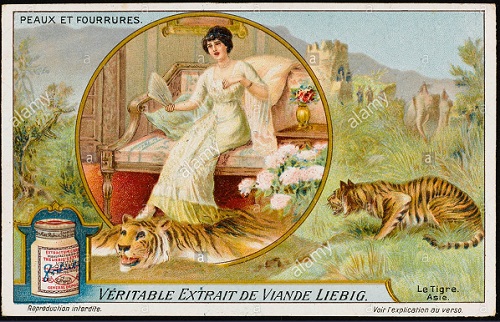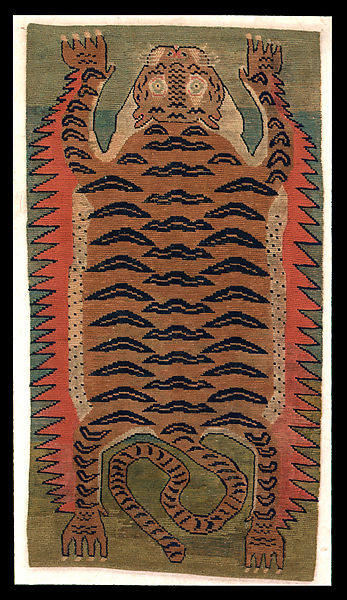FWP:
For background see S. R. Faruqi's choices. This verse is NOT one of his choices; I thought it was interesting and have added it myself. For more on Ghalib's unpublished verses, see the discussion in {4,8x}.
The pluralized abstraction 'donkey-mindednesses' in the first line is just as awkward in Urdu as it is in English, and doesn't seem to accomplish anything except to fill out the meter. But Ghalib is fond of these constructions; for more, see {1,2}.
Aside from a bit of wordplay ('lion', 'donkey', 'tiger'), what is really going on in this verse? To me it sounds like a blast of ill-feeling inspired by some actual person or experience-- perhaps some disrespect shown by a patron. It feels too raw and resentful to be a good verse. It's easy to imagine why he might have passed over it when choosing verses for the divan.
Compare {108,12x}, in which 'donkey' imagery is used to sneer at the Shaikh, but the feeling of that verse is witty and mocking, rather than simply hostile.


Asi:
Oh Asad, if the rich one has proved to be somewhat donkey-minded, don't feel surprise. It's no cause for surprise, because this unmanly one is a 'tiger-slayer on the field of the carpet'; thus he too ought to be donkey-minded. On the carpet there are [habitually] pictures of tigers, etc., and the generous one sits on the carpet.
== Asi, p. 228